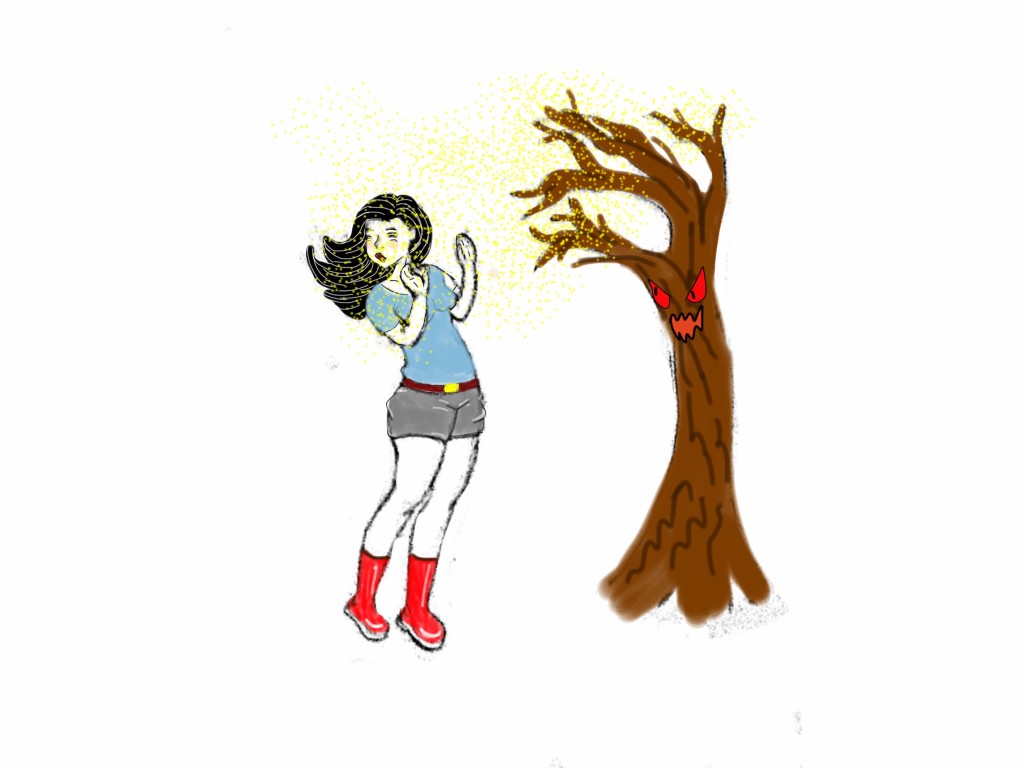Cedar, the 11th plague, sweeps Austin
Your nose runs. Your body aches. Your throat itches. Your head feels like the percussion section of a bad, ‘80s-hair-metal band. You look in the mirror and wonder how long it’s been since you were turned into a vampire (surely no human could have eyes that red).
No, you’re not dying. Nor are you the newest member of the undead legions.
You have cedar fever.
For most of the year we live in peace with those cunning foes we call the cedar trees (scientific name Juniperus ashei). But after a wet winter, these previously benign organisms become sadistic pillars of pollen-producing torture. Their yellow dust is released into the air to drift like a noxious cloud before settling upon any surface, creeping into any orifice and wreaking havoc upon all who encounter it. Not even the lucky souls immune to other allergens, such as ragweed and dust, are safe. The cedar is everywhere, and it cannot be escaped.
“You constantly feel like you’ve inhaled itching powder,” freshman Huxley Kuhlmann said. “I’ve rubbed my nose so much that there’s blood mixed in with the snot when I blow my nose.”
The Wednesday before last, KXAN and their partners at Allergy and Asthma Associates reported that the pollen count was 21,400 grains per cubic meter of air, the highest tally in history since the record high of 32,000 in 1998.
So what makes this pollen so irritating (pun intended)? What gives it its terrible potency? The answer, according to peopleagainstcedars.com, lies in its high density and chemical structure. Juniperus Ashei pollen, unlike most allergens, contains a unique glycoprotein with an exceptionally high carbohydrate-to-protein ratio (as compared to many other pollen allergens, which have a lower carbohydrate content). It’s in a league of its own.
There are various so-called treatments for this plague, including general antihistamines, injections and, in extreme cases, prescribed cortisol (a steroid hormone).
Barricade your doors. Wear a surgical mask. Cower in your room and bury your head in the sand like the proverbial ostrich. But if you believe in a higher power, now is the time to pray for divine intervention, because nothing you do will save you.










